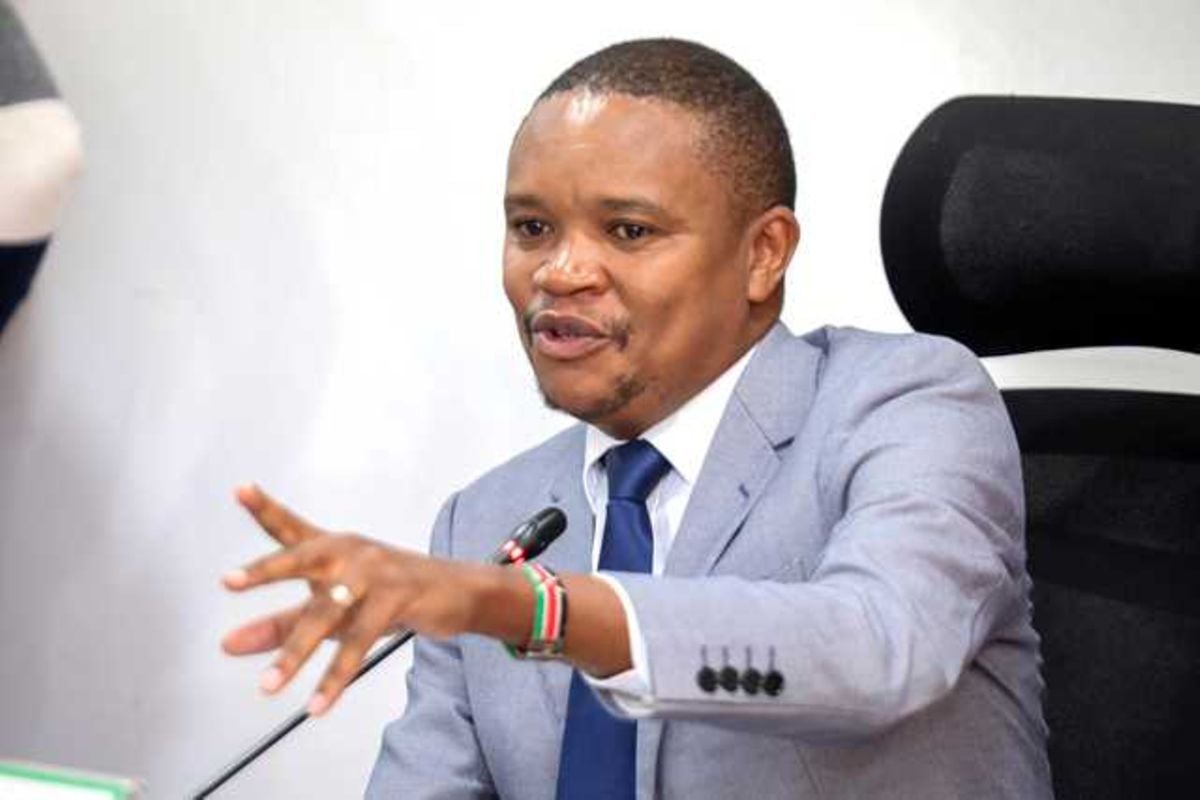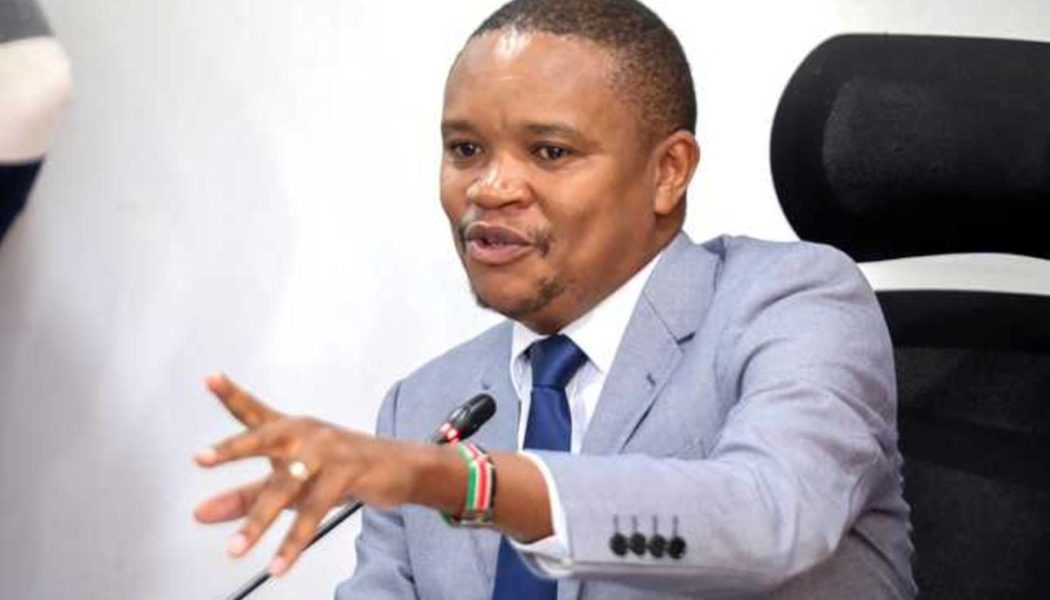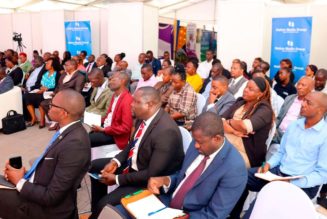
The Central Bank of Kenya (CBK) will now determine the prices charged by buy-now-pay-later (BNPL) companies if proposed amendments to the law are passed by Parliament.
The Business Laws (Amendment) Bill, 2024 deletes the definitions of digital channel, digital credit, digital credit business and digital credit provider in the Central Bank of Kenya (Amendment) Act, 2021 and replaces them with buy-now-pay-later and credit provider.
According to the Bill, these credit providers include non-deposit taking credit providers, that will be regulated by the CBK.
These are credit providers that issue either secured or unsecured loans and with or without charging interest, asset financiers, credit guarantors, and “peer to peer lending under collective investment schemes regulated under the Capital Markets Act”.
The Bill defines BNPL as an arrangement whereby a consumer buys goods or assets, whether or not secured by the goods or assets, and pays later in instalments, with or without interest.
Under the Central Bank of Kenya (Amendment) Act, 2021, the regulator is mandated to license digital credit providers (DCPs), approve digital channels through which these loans may be issued, determine pricing parameters for digital credit, supervise DCPs and suspend or revoke their licences.
“Section 2 of the Central Bank of Kenya Act is amended by inserting buy-now-pay-later arrangements, as determined by the Bank, but does not include hire purchase agreements governed by the Hire Purchase Act,” states the Bill.
The regulation of BNPL companies will radically change how the rapidly growing business is done in the country. This comes amid numerous complaints by customers of BNPL firms about predatory lending, cries that spilled over to the floor of Parliament.
The National Assembly’s Finance Committee chairman and Molo MP Kuria Kimani at the time told CBK Governor Dr Kamau Thugge that the committee had received complaints from boda boda operators who accused the firms of exploitation and suspicious loss of motorbikes sold to them before full repayment of the loans.
“We strongly feel that there is a gap or legal lacuna preventing a complete oversight of the buy-now-pay-later firms by the CBK. The products they offer are not licensed as DCPs (digital credit providers),” said Mr Kimani.
National Assembly Majority Leader and Kikuyu MP Kimani Ichung’wah, who introduced the Bill to Parliament, says the proposed law will help clear the uncertainty surrounding the status of BNPL business in Kenya.
“The new definitions also clarify that certain credit businesses such as buy now pay later credit services and peer to peer lending and asset financing are covered under the law, thereby addressing the uncertainty that has existed since the law came into force,” said Mr Ichung’wah.
This comes nearly three years after the CBK started regulating digital lenders, which were previously unregulated through the Central Bank of Kenya (Amendment) Act, 2021.
However, this has left some creditors, such as BNPL firms, in limbo as to whether or not they fell under the purview of the CBK.
BNPL firms have recorded an explosion in recent years amid economic challenges, facilitating consumers to buy goods, especially household items such as electronics and furniture, and pay for them in instalments.
Some of the BNPL providers in Kenya include Lipa Later, Aspira, Loop, Safaricom, M-Kopa and MasterCard.
The government has also recently moved to empower the CBK to regulate hire purchase prices. Draft amendments to the Movable Property Security Rights Act, which were published earlier this year, sought to give the CBK control over hire purchase costs.
“The CBK shall determine the interest rates in respect of any hire purchase of goods,” the amendments read.
Regulation of the business, however, would remain under the hire purchase registry under the Business Registration Service (BRS).









